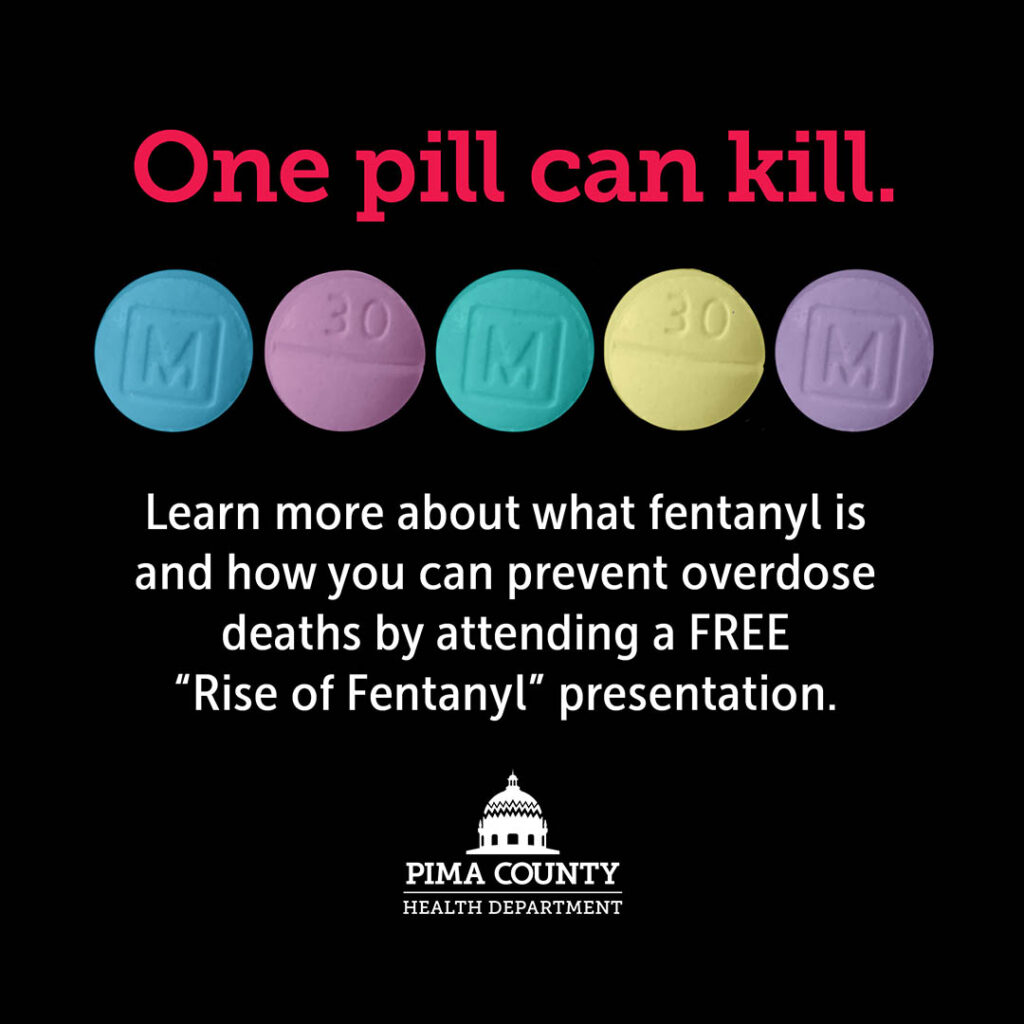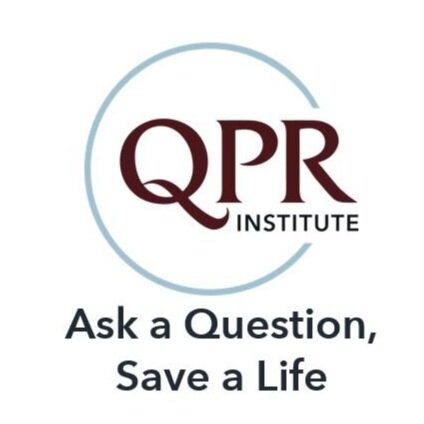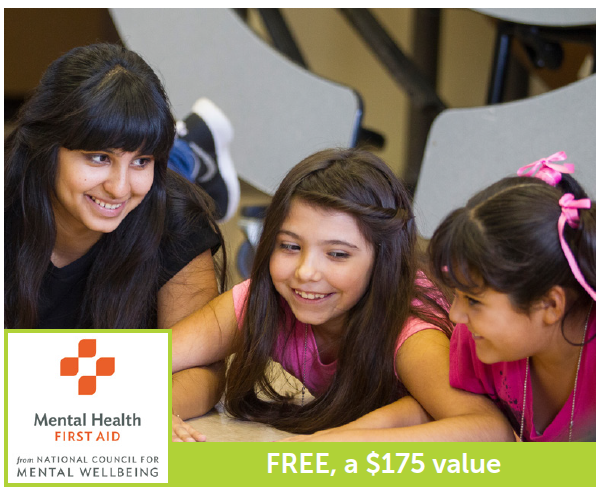Resources for Parents and Guardians

Better health starts in the home and in our community!
There are many factors that can influence a person’s chance of developing a mental and/or substance use disorder. By reducing risk factors and strengthening protective factors, we can make a long-term impact for the youth in our community. (SAMHSA, 2017)
What are Risk and Protective Factors?
Risk Factors are characteristics at the biological, psychological, family, community, or cultural level that are associated with a higher chance of negative outcomes.
Examples include:
- Neighborhood poverty and violence
- Inadequate supervision
- Child neglect and maltreatment
- Lack of commitment to school
- Low-self esteem
- Family conflict
Protective Factors are characteristics associated with a lower chance of negative outcomes and decreased impact of risk factors.
Examples include:
- Strong bonds with family, school, and community
- Parental involvement
- Opportunities for positive social involvement
- Availability of community resources and after-school activities
- Coping and problem-solving skills
- School attendance and success
- Community and school beliefs and standards against drug use
Free programs to strengthen protective factors:
Strengthening Families Program (SFP)

“Strengthening Families Program made us more attentive and aware of how we interact with our children and support them.” – SFP Family from Fall 2022
When: Twice a week, 1.5 hour lessons and 1 hour check-in
Where: From the comfort of your home!
Parents and children will learn:
- – Effective listening and communication
- – Skills to encourage good behavior
- – Effective goal setting techniques
- – Ways to reduce family conflict
- – Skills to manage stress
- – How to deal with peer pressure
Interested?
Click the button below to complete our interest form. For more information, email CMHA@pima.gov.
**All program materials provided free of charge. Participants must have at least one web-enabled device with a camera to participate in the virtual meetings, and be able to use the Zoom platform.
Rise of Fentanyl Presentation

What: One (1) hour presentation
Where: In-Person or Virtual
Audiences will learn about:
- – Fentanyl
- – Driving forces behind the increase in overdose and overdose deaths
- – Risk factors and prevention methods
- – Substance use resources
Presentations for adult audiences include useful skills to help keep children safe, and tips on how to have discussions with youth about fentanyl and other drugs.
Interested?
Click the button below to complete our interest form. For more information, email CMHA@pima.gov.
Stress Management

What: One (1) hour presentation
Where: In-person or virtual
Participants will learn about:
- – Ways to reduce everyday stressors
- – Physical and emotional effects of stress
- – Positive coping strategies
- – Setting boundaries
- – Mindfulness
Presentations can be tailored to adults or middle/high school youth audiences. The presentations include a brief breathing exercise that leaves audiences feeling refreshed and empowered
Interested?
Click the button below to complete our interest form. For more information, email CMHA@pima.gov.
QPR Gatekeeper Training

What: One (1.5 – 2) hour training
Where: In-person or virtual
Audiences will learn:
- – Warning signs of suicide
- – Risk & protective factors
- – Common myths and facts
- – How to Question, Persuade, and Refer someone who may be suicidal
Participants will receive:
- – QPR Gatekeeper Certificate (valid for 2 years)
- – QPR booklet and card with crisis resources
- – Access to QPR Institute website for resources
- – “Suicide: The Forever Decision” e-book
- – Continuing Education (CE) credits
Interested?
Click the button below to complete our interest form. For more information, email CMHA@pima.gov.
Youth Mental Health First Aid

LIKE CPR,
But FOr the MInd
What: One (8) hour or two (4) hour trainings
Where: In-person (recommended) or virtual
Youth Mental Health First Aid is an evidence-based training that introduces adults to the unique risk factors and warning signs of mental health concerns in youth ages 12 – 18, builds an understanding of the importance of early intervention, and teaches individuals how to help youth in a crisis or who may be experience a mental health or substance use challenge.
Participants will receive:
- – Free training and manual valued at $175
- – Certification in Mental Health First Aid*
Interested?
Click the button below to complete our interest form. For more information, email MHFA@pima.gov.
*Certification is valid for three years


